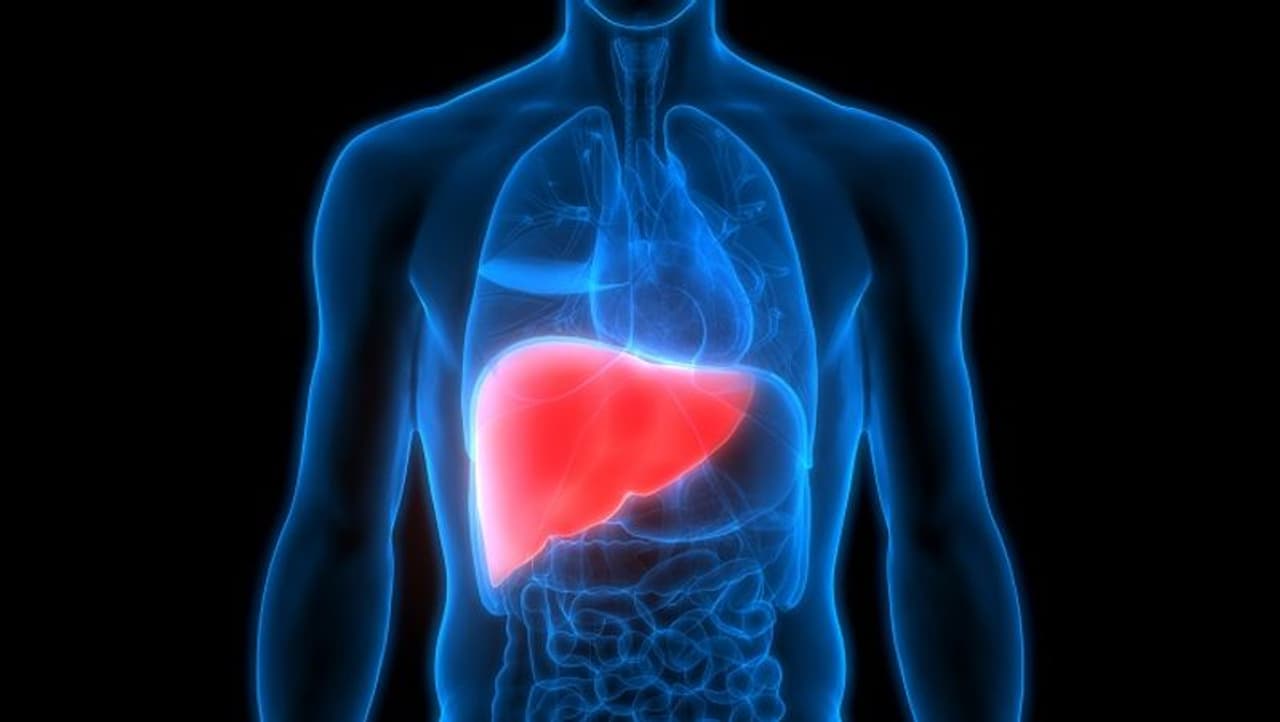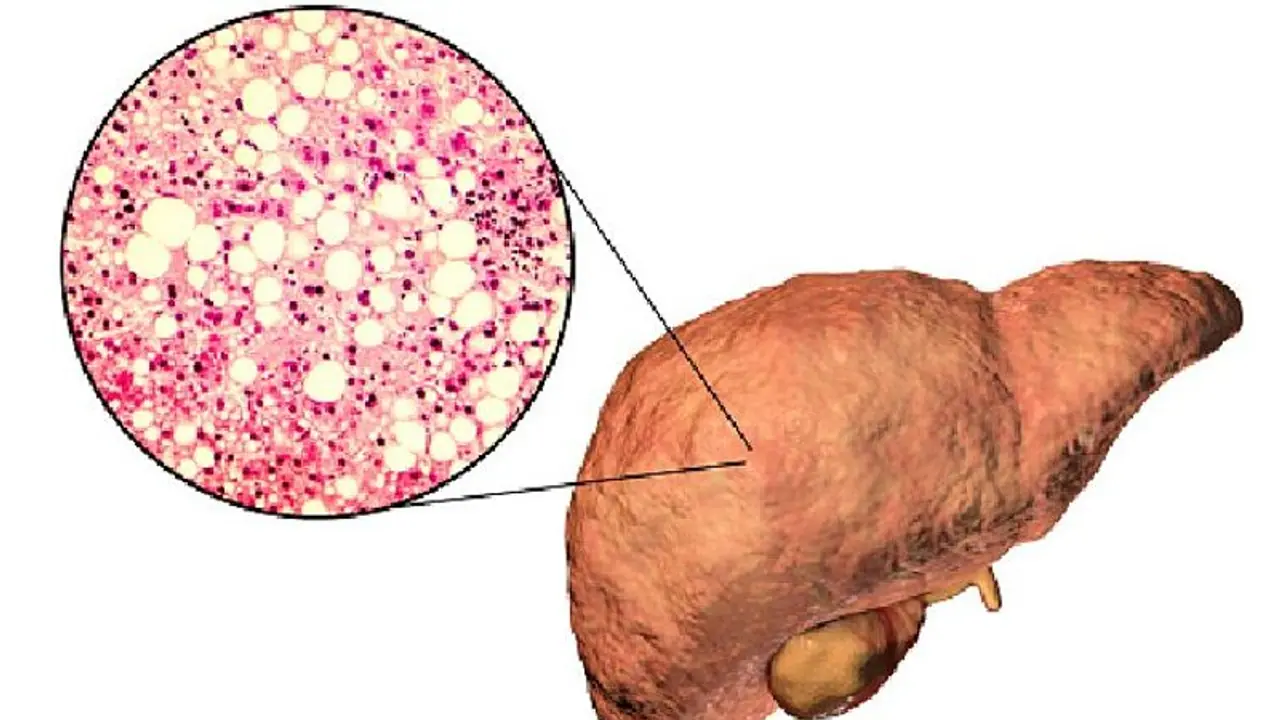We spoke to Dr. Rajiv Lochan J, Lead Consultant - HPB and Liver Transplantation Surgery, Manipal Hospital Old Airport Road, Bengaluru who talked about how fatty liver disease causes insulin resistance?
Lipid disturbances in the body may result in the development of insulin resistance and metabolic disorders. NAFLD is both the consequence and the cause of insulin resistance. Insulin resistance and diabetes affect liver pathogenesis and may result in NAFLD. In contrast, several mechanisms and physiological changes during NAFLD may result in insulin resistance.

How fatty liver disease causes insulin resistance?
There are several mechanisms through which fatty liver disease may result in insulin resistance. Some of them are:
• Oxidative stress: The liver synthesizes several types of lipids, like cholesterol, fatty acids and triglycerides. The liver is also exposed to these lipids. The adipose tissues and the liver, through several mechanisms, maintain the lipid and glucose homeostasis. Disturbance in communications between the tissues may result in insulin resistance and obesity. In obese people, visceral adiposity may result in increased exposure of the liver to an excessive free fatty acid. It results in hepatic insulin resistance and fatty liver disease. During the development of high fat diet-induced insulin resistance, the oxidative stress and production of reactive oxygen species are upregulated. Further, chemokine and chemokine receptors also contribute to hepatic inflammation or non-alcoholic steatohepatitis and subsequent insulin resistance.
• Presence of toxic lipids: Triglycerides are not considered toxic lipids. In fact, triglyceride accumulation prevents the harmful effects of free fatty acids. Further, it has been found that the accumulation of triglycerides may not result in the development of insulin resistance. Dietary cholesterol is considered a toxic lipid. It not only causes steatosis but also results in fibrosis, inflammation, and ballooning hepatocytes. Because of the cholesterol diet, there was a downregulation of hepatic expression of insulin receptor substrate due to increased levels of Sterol regulatory-element binding protein-1c.
• Fatty acid-induced hepatic insulin resistance: It has been found that elevated plasma concentration of free fatty acids is one of the characteristics in patients with diabetes or other carbohydrate-related disorder. Free fatty acids induce nuclear factor kappa B and protein kinase C, which is key to insulin resistance in the liver and skeletal muscles. Another mechanism for insulin resistance by the free fatty acids involves serine 307 phosphorylation in skeletal muscles. Studies have also found the important role of the IKK-beta/IKappa B/NFKappa B pathway in the two models of muscle and liver in insulin resistance.
Also Read: World liver day 2022: Food items one should add to their diet for happy liver

Management of insulin resistance
There are several options for managing insulin resistance. Some of them are:
• Physical activity: Routine moderate activity of 30 minutes a day for at least 5 days a week helps the body to use excess glucose as energy. It will help reduce insulin resistance. It has been found that the glucose uptake is increased by about 40% with a single session of moderate activity.
• Healthy diet: Diet plays an important role in reducing insulin resistance. You should avoid eating excessive carbohydrates and limit the consumption of sugar, unhealthy fats, red meat and processed starch. The doctor may recommend you increase your intake of fruits, vegetables, whole grains, beans, nuts, legumes, lean poultry and fish.
Also Read: World liver day 2022: Know date, significance of the day; here are tips to keep liver happy
• Losing excess weight: If you are obese or have excessive weight, you have an increased risk of developing diabetes. The doctor may advise you to reduce your weight through exercise and diet control. It has been reported that a 7% reduction in excessive weight reduces the risk of diabetes by 58%.
• Medications: The doctor may also prescribe certain medications, such as metformin, that will keep your blood sugar under control.
